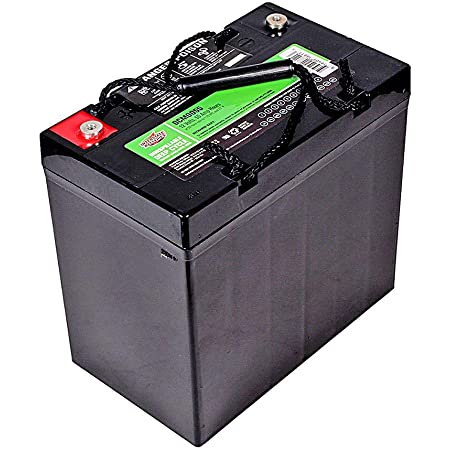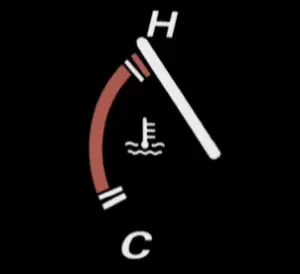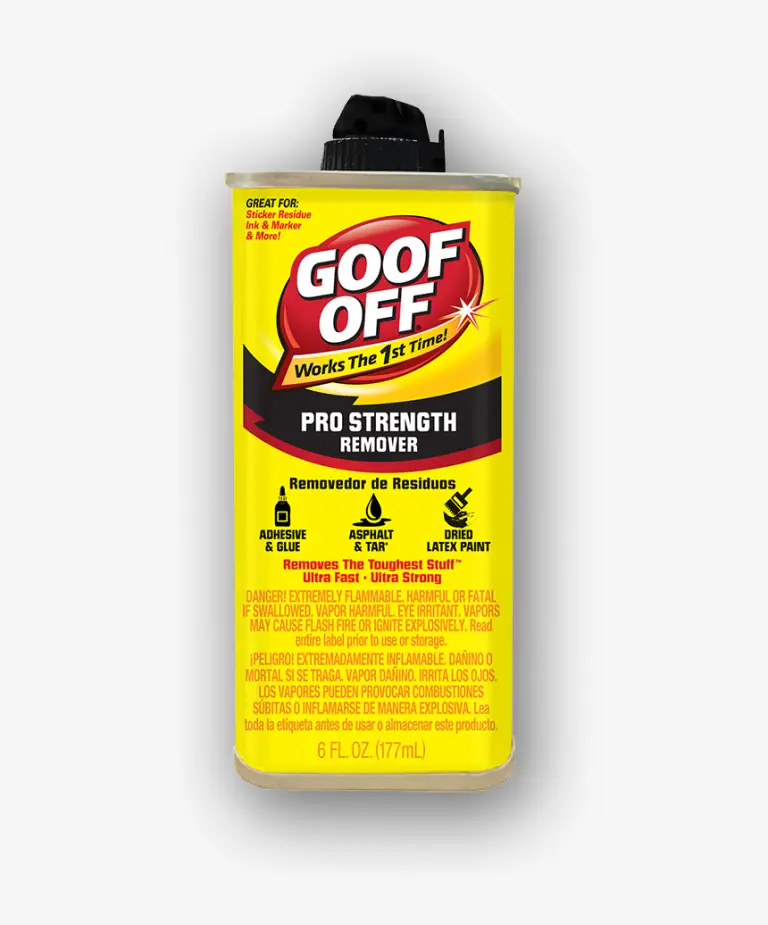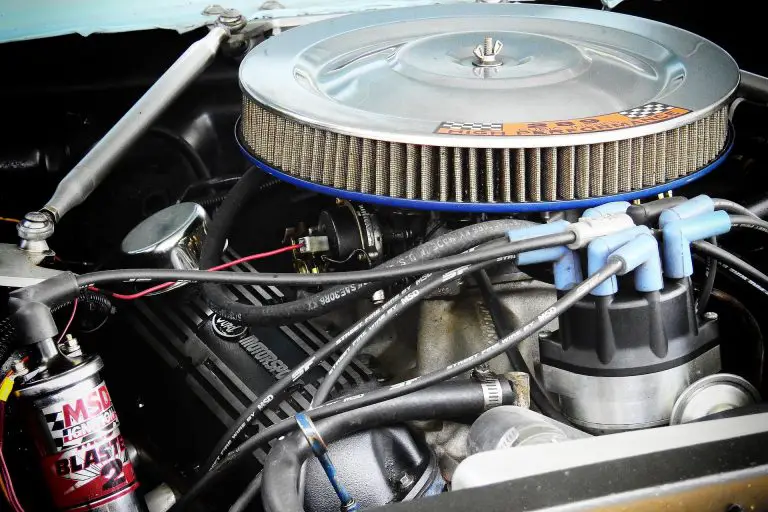What Are the Causes for Burning Oil Smell Through Vents?
The smell of burning oil in the air can be very distressing for drivers. This symptom can be used to show the presence of issues, as well as prevent you from driving effectively.
It doesn’t mean that something is burning your engine oil if your car’s vent smells of burning oil.
The issue is where it came from and what happened to it. It is crucial to determine what is happening so that you can correct the condition as quickly as possible.
The most prevalent reasons for a burnt oil smell coming from your vehicle’s vent are explained in this article.
It is not normal to smell oil while driving, and if your car emits a burning oil stench, you need to locate the source and repair it immediately.
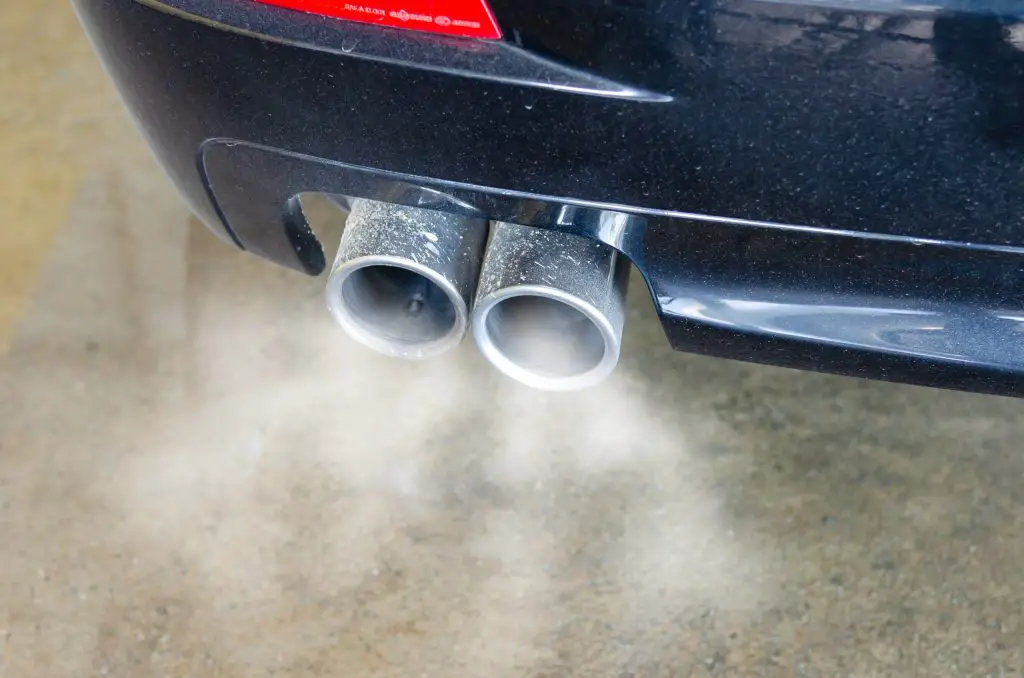
Why Are Vents Blowing Burning Oil Smell?
When engine oil leaks and spills on hot surfaces, like the exhaust manifold or exhaust pipe, it burns and disappears, making a burning oil smell in your engine compartment.
This could allow for the passage of the smell of burning oil through the car’s heating, ventilating, and air conditioning (HVAC) system.
It is more difficult to find leaks with evaporated engine oil disappearing.
What Are the Causes?
People don’t like to smell burning oil in the air while they drive. It is not only uncomfortable, but it may also make driving hazardous.
If your vents emit an odor, you should have it examined so that the cause can be determined. The reasons for the burning oil smell coming from your vents are listed below.
Valve Cover Oil Leak
The most likely source of this problem is oil leaking out of your valve cover gasket.
Oil leaking on the back end of your valve cover could cause an odor of burnt engine oil in your engine compartment if spilled on your exhaust system.
It’s difficult to detect such leaks since the oil leaves no trace. Oil leaks from your valve cover can be found on the part where your engine slants by design.
The oil would leak more from the back of most cars with longitudinally placed engines because of the slant. It can be difficult to get to the back end of your valve cover.
The issue is most likely caused by a loosened or broken valve cover nut or bolt. A damaged valve cover gasket can cause oil to leak out over time.
You might have spotted leaks in the portion of your valve cover with broken valve cover bolts. It would be a good idea to replace the valve cover bolts and gasket in this instance.
Exhaust Leak
Many drivers can identify a burnt oil odor from an exhaust leak in your engine compartment through your AC vent.
A nasty, burning smell can come from exhaust gasses entering your car cabin if you have a crack or hole near your exhaust manifolds, pipes, or catalytic converters.
It is not hard to see exhaust leaks.
Similar to detecting a hole in a tire, you could use a spray bottle and soapy water to scatter over your exhaust manifolds and pipes while your engine is cold and let it run for a moment.
The emergence of bubbles in the sprinkled portions can be a sign of a leak. Exhaust leaks can change the tone of your engine if there is a significant hole.
When exhaust fumes seek another route to escape without passing through your tailpipe, your engine could make a whistling sound.
PCV Valve Leak
Positive crankcase ventilation is regulated by PCV valves mounted on valve covers.
A bad PCV valve can cause problems, such as trapping high pressure within the valve cover, harming the valve cover gasket, and loosening the bolts.
A burning smell, when dripped onto a heated surface, could be caused by oil leaking within your engine compartment.
If a faulty PCV valve is found, you need to check the seal of your valve cover gasket since a flawed PCV valve can cause serious damage.
The vacuum hoses that link your PCV valve can be damaged or leak. You can check out your PCV valves by removing them from your valve cover.
If your PCV valve is functioning correctly, you can feel a vacuum on it as you put your finger on it while your engine is running.
Exhaust System Oil Leak
Oil can stream on hot engine surfaces if a crack, hole, or loose component is leaking motor oil. It might make you smell burning oil in your cabin.
Oil leaking on the ground and greasy dirt covering the lowest part of the engine bay are signs of an oil leak.
Oil Change Done Poorly
Extra oil could be spilled into your exhaust system and other components if you don’t change your oil correctly.
As your engine warms up, the oil on the hot surface will evaporate, leaving your vehicle with a distinctive oil smell.
If there is no other leak, the oil will burn up and the smell will disappear within a couple of days.
How Can I Make Burning Oil Smell Go Away?
If you wanted to eliminate the smell of burning oil, you could use an air freshener, but it wouldn’t work for a long time.
It is possible to determine the source of the issue, repairing any leaks, and replacing components will offer better outcomes.
You might be able to get rid of the burning oil smell from your vents with the following solutions.
Cause Of The Problem
It is hard to draw a judgment without knowing what is making the scent burn.
It could be a simple engine oil leak that got to your exhaust, or it could be the consequence of severe oil ring or gasket wear.
It is difficult to determine which part is malfunctioning without a complete inspection because of the different types of oils required.
You might not find anything if you raise the vehicle and inspect it underneath. It is recommended to visit an auto repair shop or see a professional technician.
Don’t Overlook The Signs
You might have to contend with a bigger issue in the future if you ignore the early signs of a problem.
It is possible that your vehicle’s gears aren’t shifting correctly or there is an undesirable noise during gear changes.
In that case, your engine is running hotter than usual, and the oil level is dropping without a leak.
The brakes are functioning with a delay, these are essential issues that might not seem like a huge concern to some but if neglected over an extended period, they will become a significant nuisance.
It could be too late to fix the leaks if you begin to smell burning oil.
Your gear shaft damage became more threatening because of a lengthy period of neglect.
You sense the smell of burning oil because your pistons and rings have been severely damaged and are incapable of retaining the oils.
If you pay attention to the little things, you will be able to prevent the smell of burning oil from escalating and producing more issues.
Other Burning Smells
Some burning smells can come out of your AC vent, and their causes.
Burning Plastic Smell
It is one of the most common problems experienced by drivers. A burning plastic smell coming from your AC vent is indicative of a lot of dust.
Most car owners don’t pay much attention to the inside components, such as the vents, which must be cleaned and maintained frequently.
The plastic odor coming from the vent may be caused by a malfunctioning cooler or heating unit.
A burning plastic stench will occur when the antifreeze substances leak into your exhaust from the heaters.
Burning Rubber
There is a distinct odor that can be detected in any circumstance. When your vent emits a distinct smell of burnt rubber, it is necessary to inspect all your automobile belts.
There could be a problem with your AC compressor, and this could cause a lot of stress on your rubber belts. Your rubber belts could wear out due to excessive stress and heat.
Burning Fish
If you detect a foul smell of cooked fish in your car, there is a good chance that the electrical wires in the car are burning.
If you smell a combination of burning plastic and cooked fish, you need to immediately address the wiring problems.
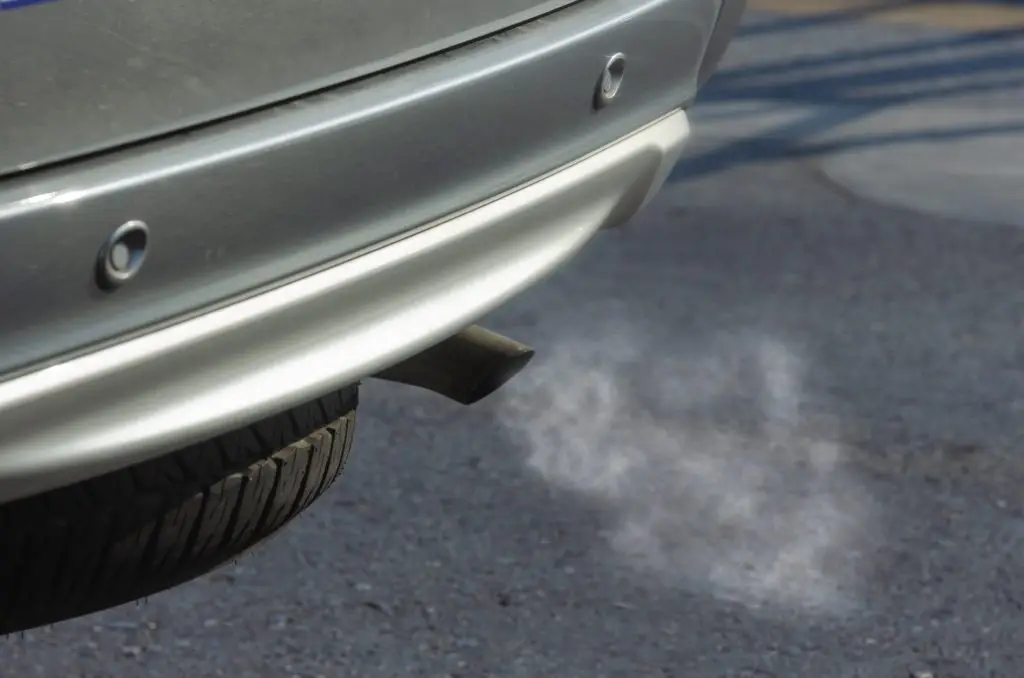
Conclusion
There is a strong odor of burning oil coming from your vent.
If you notice oil leaks in your engine compartment, stop your vehicle. You can take your car to a technician and have an expert check it.

Truck driver by profession, automotive lover by heart. Ricky is the main publisher and editor at Truckile.com sharing his life-long knowledge and experience in the auto industry and truck driving!

